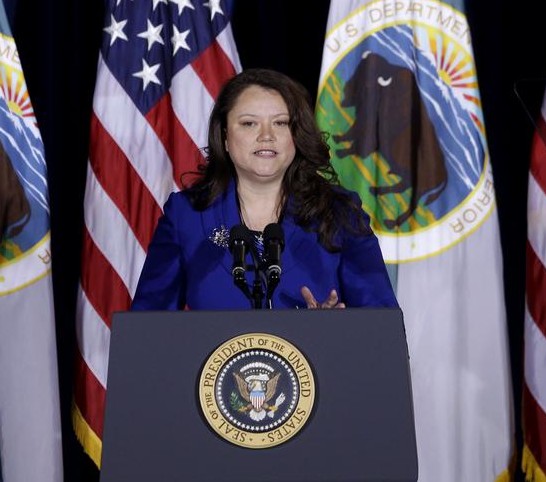By Kirk Boxleitner, Marysville Globe Reporter
EVERETT — Veterans of Foreign Wars Old Guard Post 2100 is inviting veterans and their families to see what the VFW is all about during its St. Patrick’s Day Open House on March 17 from 1-6 p.m. at 2711 Oaks Ave. in Everett.
Post 2100 Cmdr. Donald Wischmann explained that visitors can tour the post and talk to its members, as well as to representatives of not only the VFW, but also the Ladies’ and Men’s Auxiliaries, the Veterans Administration and a number of other groups.
“Our main concern is helping veterans and their families, but to do that, we need more members,” Wischmann said. “Post 2100 has more than 840 members, but about 700 of those are folks who served in World War II and Korea, and within about 10 years, we’re not going to be doing much as a post if we can’t replenish that membership.”
Wischmann touted the VFW as a means of connecting service members both past and present with a number of useful resources, whether they’re deployed or retired. He noted that his post has even “adopted” the 477th Transportation Company at the Armed Forces Reserve Center in Marysville, and has sent word of the open house out to 46 commands around the area, so he expects quite a bit of turnout for the event.
“We know people will be coming armed with questions about their VA benefits,” Wischmann said. “We know that our veterans are concerned about the amount of time it takes to get their claims processed and approved, which is why we’ll have representatives of the VA here to answer those questions.”
Wischmann worries about the membership of the VFW because he wants to ensure that the group will retain a strong voice in Washington, D.C., to keep veterans’ concerns on the forefront of legislators’ priorities, but if too many older members pass away without younger members stepping in to fill their roles, he sees difficult times ahead for the organization and those whom it seeks to serve.
“I’m a Vietnam veteran,” said Wischmann, who retired from the U.S. Navy. “I’m 60 years old, and I’m one of the youngest members of this post.”
Wischmann recognizes that certain stereotypes may exist in the public’s perception of VFW posts, but he assured veterans and civilians alike that VFW Post 2100 is active in the surrounding community, seeking out ways to benefit cities and towns in addition to those who have served.
The Post 2100 St. Patrick’s Day Open House will feature not only a meal of corned beef and cabbage from 4-6 p.m., for a $10 suggested donation, but also a guest appearance by Edmonds’ Michael Regan, whose portraits for the Fallen Heroes Project showcase military men and women who have given their all.
“They’re just sketches, but they look like miniature wallet-sized photos,” Wischmann said. “He just finished drawing the kids and teachers who lost their lives in the Sandy Hook Elementary shooting.”
Children at welcome at the St. Patrick’s Day Open House, and for more information, you may contact Wischmann by phone at 425-252-2100, or via email at VFWpost2100@yahoo.com.
















